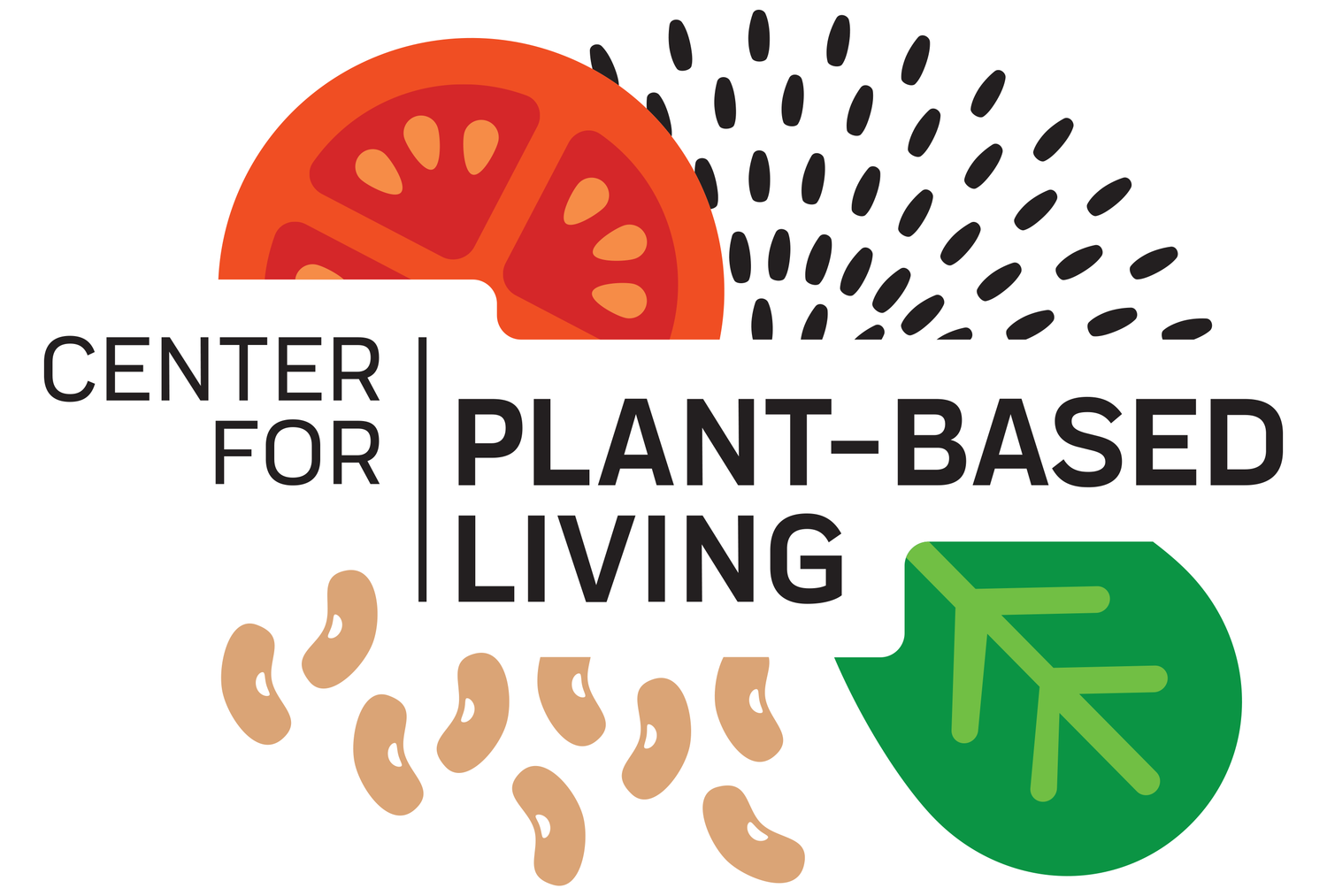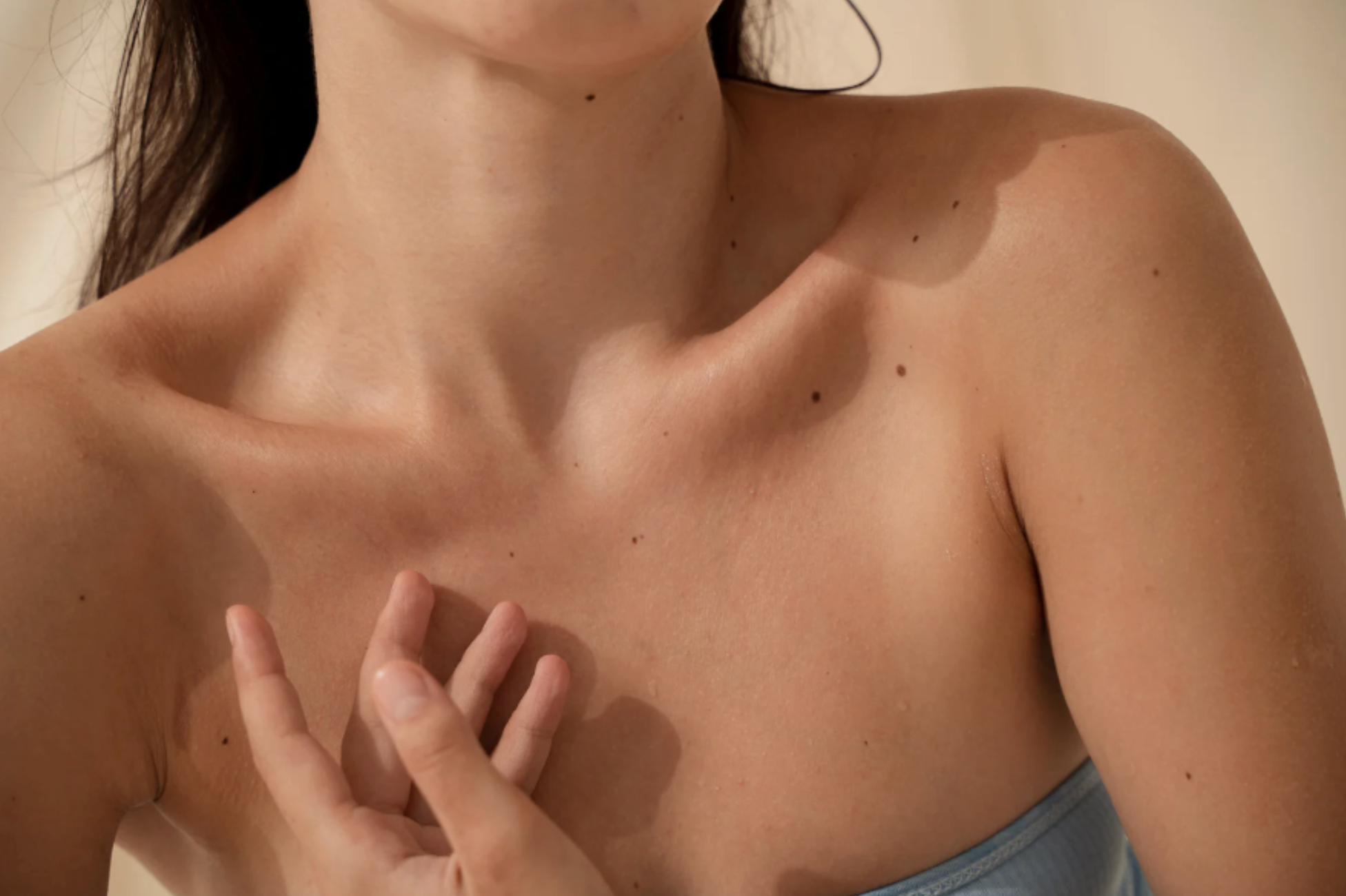THE DOC AND CHEF SHOW EP. 33: SKIN // SUPPORTING SCIENCE AND THE RECIPE
Normal aging of the skin, also known as intrinsic aging, is a natural process that everyone goes through as they get older. This process is influenced by genetic factors and occurs at a different pace for everyone. Here are some key aspects of normal aging of the skin:[1]
Thinning of the Epidermis and Dermis: The outer layer of the skin (epidermis) becomes thinner and more fragile, making it easier to damage. The dermis, which provides strength and elasticity, also loses volume due to a decrease in collagen and elastin production.
Dryness and Decreased Sebum Production: As you age, your skin produces less sebum (oil), leading to dryness and sometimes itchiness. The skin's ability to retain moisture decreases, contributing to a dry and sometimes flaky appearance.
Formation of Wrinkles and Fine Lines: With the loss of collagen and elastin, the skin becomes less elastic and firm. This, combined with years of facial expressions and gravity, leads to the formation of wrinkles and fine lines, especially around the eyes, mouth, and forehead.
Age Spots and Hyperpigmentation: Age spots, also known as liver spots or solar lentigines, are flat brown, black, or yellow spots that typically appear on areas of the skin exposed to the sun, like the face, hands, and arms. They are the result of a lifetime's worth of sun exposure and the skin's natural response to protect itself from UV light.
Decreased Cell Regeneration: The skin's ability to regenerate itself slows down with age. This means that wounds may heal more slowly, and the turnover rate of skin cells decreases, which can lead to a duller complexion.
Increased Fragility: Aging skin is more susceptible to bruising and tearing due to thinner blood vessel walls and a decrease in the protective fatty layers under the skin.
Varicose and Spider Veins: Changes in circulation and blood vessels can lead to the appearance of varicose veins and spider veins, especially on the legs.
Several external and lifestyle factors can accelerate this normal skin aging. Understanding and mitigating these factors can help slow down the signs of aging. These factors include:
Sun Exposure: Prolonged and unprotected exposure to ultraviolet (UV) radiation from the sun is the primary cause of premature skin aging, often referred to as photoaging. It can lead to wrinkles, fine lines, age spots, and an increased risk of skin cancer. Using broad-spectrum sunscreens, wearing protective clothing, and avoiding the sun during peak hours can help protect the skin.[2]
Smoking: Smoking tobacco accelerates skin aging by impairing blood flow to the skin, depriving it of oxygen and essential nutrients. It also damages collagen and elastin, leading to wrinkles and a dull complexion.[3]
Pollution: Environmental pollutants can generate free radicals that damage the skin, accelerating aging. Pollution is linked to increased wrinkles, fine lines, and uneven skin tone.[4]
Alcohol Consumption: Excessive alcohol intake can dehydrate the skin and damage its barrier function, leading to premature aging, including dryness and wrinkles.[5]
Chronic Stress: High levels of stress release the hormone cortisol, which can break down collagen and elastin, leading to accelerated aging.
Lack of Sleep: Insufficient sleep can lead to increased stress hormones, which may slow down the production of collagen, and exacerbate skin conditions like acne and eczema, contributing to the signs of aging.
Blue Light Exposure: Emerging research suggests that prolonged exposure to blue light from electronic devices can contribute to skin aging by generating reactive oxygen species that can damage the skin.
Repetitive Facial Expressions: Repeated facial movements (like squinting, frowning, or smiling) can lead to fine lines and wrinkles over time because each time you use a facial muscle, a groove forms beneath the surface of the skin.
Poor Nutrition: A diet lacking in vitamins, minerals, and antioxidants can contribute to premature skin aging. Diets high in sugar and refined carbohydrates can also accelerate aging through a process known as glycation, where sugar molecules attach to and damage proteins like collagen.
Mitigating these external and lifestyle factors involves adopting a healthy lifestyle, protecting the skin from the sun, avoiding smoking, managing stress, and ensuring adequate sleep. In addition, focusing on foods rich in specific vitamins, minerals, and other nutrients can have a profound effect on skin health.
For example, vitamin C is crucial for the synthesis of collagen, helping to keep the skin firm and strong, while also acting as an antioxidant to protect the skin from damage caused by UV exposure and environmental pollutants.
Vitamin E complements Vitamin C's effects by protecting skin cells from oxidative damage, essential for maintaining healthy skin and protecting cell membranes.
Vitamin A plays a vital role in skin repair and maintenance, preventing dryness, reducing wrinkles, and being essential for the health of the skin's mucous membranes, along with playing a role in reducing acne.
Omega-3 Fatty Acids are important for maintaining the skin's lipid barrier, which keeps the skin hydrated, and have anti-inflammatory properties that can reduce acne and other skin conditions.
Zinc aids the skin's healing process, fights acne-causing bacteria, and reduces inflammatory responses.
Selenium helps protect the skin from UV-induced damage and works alongside Vitamin E as an antioxidant.
Biotin, or Vitamin B7, supports the health of skin, hair, and nails by aiding in fat metabolism, crucial for maintaining the skin's barrier function and hydration.
Adequate hydration is also essential for maintaining skin elasticity and moisture, helping to prevent dryness and flakiness.
🥦 🍅 🌰 🍫 💧 🫑 🍵
Here's a list of foods that are particularly beneficial for the skin:
Omega-3 Fatty Acids: Omega-3s can keep skin thick, supple, and moisturized. Foods that contain omega-3s include flaxseeds, chia seeds, walnuts, and hemp seeds. An agal based omega-3 supplement is a sustainable source of omega-3s as well.
Avocados have healthy fats which help to keep skin flexible and moisturized. They also contain vitamins E and C, which are important for healthy skin. Vitamin C is necessary for collagen production, which keeps skin strong and elastic. Other sources of vitamin C include citrus fruits, strawberries, kiwi, bell peppers, tomatoes, broccoli, and kale.
Nuts and seeds, including Brazil nuts and sunflower seeds, are excellent sources of skin-boosting nutrients, particularly vitamin E, zinc, and selenium. Other sources of zinc include legumes, whole grains, and dark chocolate. Foods that also contain selenium include mushrooms, and whole grains.
Sweet Potatoes are high in beta-carotene, which functions as provitamin A. Sweet potatoes can protect your skin from sun damage by acting as a natural sunblock and may help prevent sunburn, cell death, and dry, wrinkled skin. Other sources of beta carotene include carrots, spinach, kale, and pumpkin.
Red or yellow bell peppers are an excellent source of beta-carotene, which your body converts into vitamin A. They are also one of the best sources of vitamin C, crucial for collagen production.
Broccoli is full of vitamins and minerals important for skin health, including zinc, vitamin A, and vitamin C. It also contains lutein, a carotenoid that works like beta-carotene. Broccoli florets also pack a special compound called sulforaphane, which boasts some potential anti-cancer effects, including some types of skin cancer.
Tomatoes are a great source of vitamin C and contain all of the major carotenoids, including lycopene, which has been shown to protect the skin against damage from the sun and may help prevent wrinkling.
Dark Chocolate contains cocoa, which has antioxidants that may help improve the thickness, hydration, and texture of the skin. For the best results, aim for dark chocolate with at least 70% cocoa content to maximize benefits and keep added sugar to a minimum.
Green Tea has catechins that are powerful antioxidants that can protect your skin against sun damage and reduce redness, as well as improve its hydration, thickness, and elasticity.
Drinking plenty of water ensures that your skin is hydrated and can help maintain its elasticity.
SUMMARY
Incorporating these foods into your diet can help enhance your skin's appearance, protect it from damage, and keep it healthy and hydrated, but remember that protecting your skin from the sun, avoiding smoking, managing stress, and ensuring adequate sleep are also important in promoting radiant, healthy skin from the inside out.
[1] Curr Aging Sci. 2020;13(1):22-30. [2] Indian J Dermatol. 2022 Sep-Oct;67(5):625.[3] Int J Dermatol. 2012 Mar;51(3):250-62.[4] J Eur Acad Dermatol Venereol. 2019 Aug;33(8):1496-1505.[5] Clin Cosmet Investig Dermatol. 2023 Dec 29;16:3785-3791THE EPISODE
CLICK FOR THE RECIPE
⭐️ Join our community and become a member!
Our membership is built like a streaming service - you get a full library of plant-based cooking classes to watch whenever you want. PLUS, you gain access to upcoming interactive virtual cooking classes and a monthly accountability group call.
As a member you get:
Complete library of all past virtual classes - stream them whenever you’d like!
Free access to upcoming virtual classes with both Chef Caryn and Dr. Loomis!
Library of easy and quick recipes: 150 and growing
Monthly accountability check-in and support group Zoom call with Caryn
Quarterly “Ask the Doc” call with Dr. Jim Loomis, our Medical Director
A community of support
To learn more, please visit us here.



